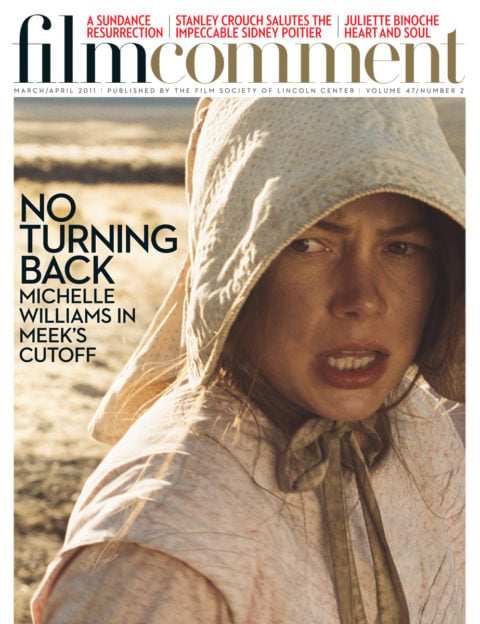
The fall of the Soviet Union remains relatively underrepresented in theatrically released documentary, considering the importance of the event, the wealth of material, and the range of possible angles. In her feature-length contribution to the topic, Robin Hessman assembles five Muscovites and lets them reflect on their lives, past and present, as witnesses to massive political, cultural, and societal change. Buoyed by Communist kitsch and the engaging personalities of its subjects, it’s an appealingly personal look at what from a distance seemed like monolithic changes.
Hessman’s subjects, schoolmates in the Seventies and Eighties, now follow varied walks of life: a teacher couple, an ex-punk-rocker busker, an entrepreneur, a single-mom sales rep (“I’m called a manager, but that’s what everyone is called these days”). The throughlines of family and school, and past and present dovetail with the sense of personal and national identity. Crosscurrents of emotion course underneath the comic ironies (which are evidently crucial to the teacher couple, the Meyersons).
Hessman isn’t the first filmmaker to suggest parallels between home movies and propaganda, and her film is to a certain respect a matter of packaging characters and themes in a more readily appealing way than an anguished exposé or essay film. But it’s also a refreshing alternative to many fictional representations of large nations weathering cataclysmic changes—a down-to-earth counterpoint to the likes of Cargo 200 or My Joy.








